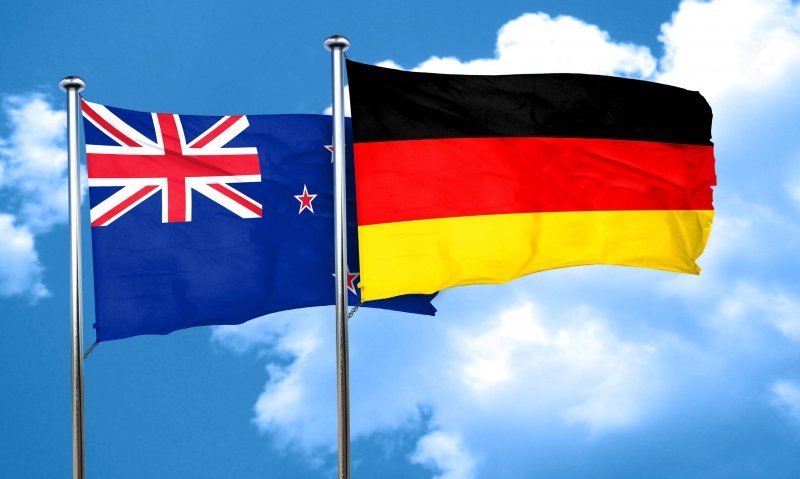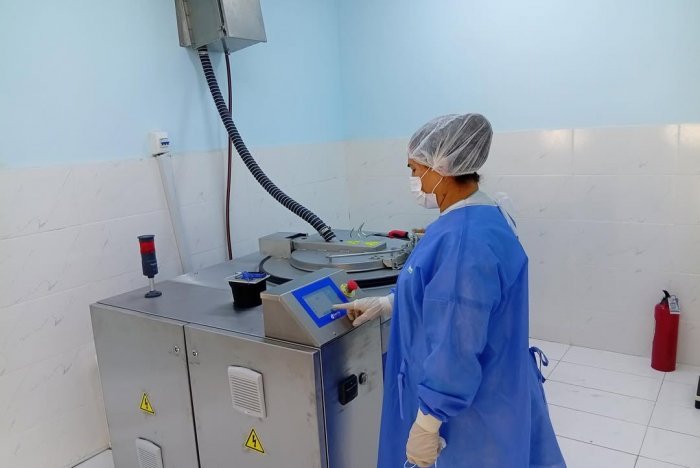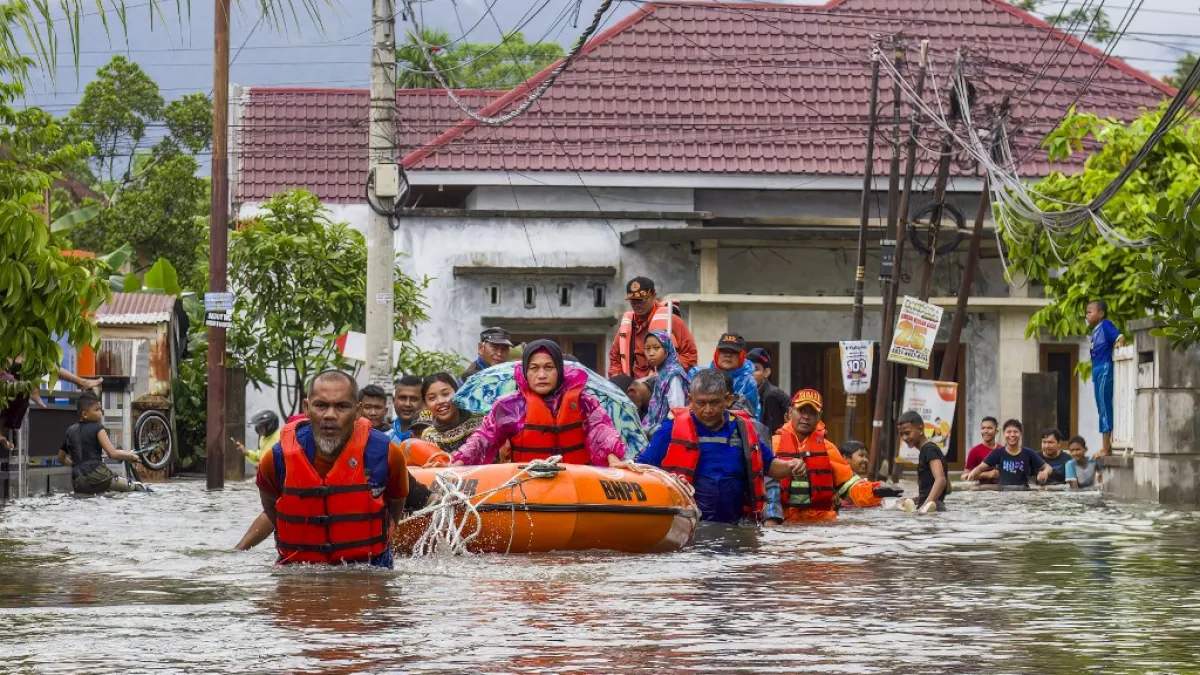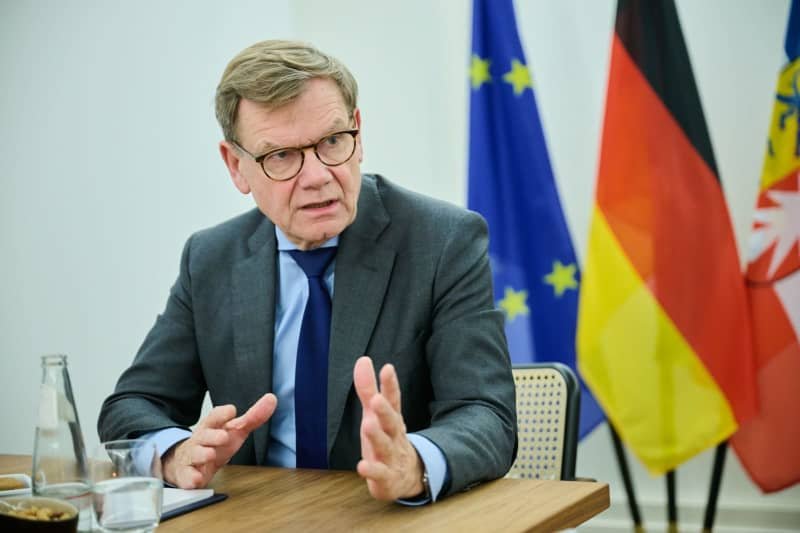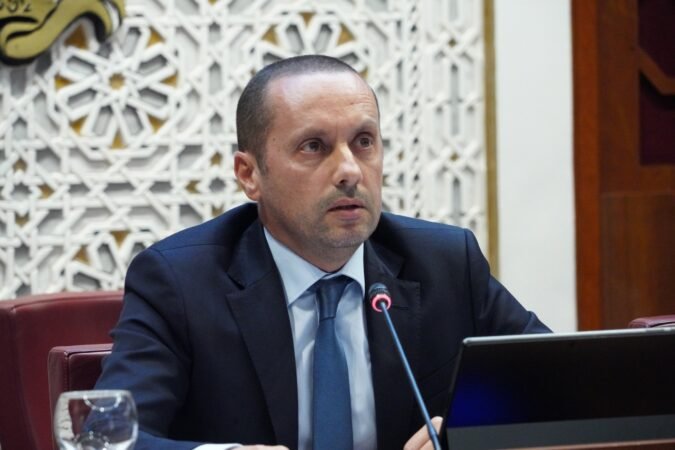Berlin, August 27, 2024, The Europe Today: On Monday, Germany announced its decision to donate 100,000 doses of the mpox vaccine to the Democratic Republic of Congo (DRC) and other African nations in a bid to control the ongoing outbreak of the disease. The donation will significantly deplete the German military’s vaccine reserve, which currently stands at approximately 118,000 doses.
In addition to the vaccine donation, Berlin will provide financial support to the World Health Organization (WHO) and aid partners in Africa through the Gavi Vaccine Alliance. Government spokesman Steffen Hebestreit emphasized Germany’s commitment to global solidarity, stating that the country’s aim is “to support in solidarity the international efforts to contain mpox on the African continent.”
Hebestreit also mentioned that Germany will collaborate with the African Union (AU) to promote local vaccine production, ensuring a more sustainable response to future health emergencies.
The WHO recently declared the mpox outbreak in the DRC a global public health emergency, following the emergence of cases outside the country. The organization believes the disease can be contained but warns that doing so will require a comprehensive and costly global effort.
France and the United States have also contributed to the international response, with France donating 100,000 doses and the US providing 50,000 doses.
Mpox, previously known as monkeypox, has been a known virus for decades. However, a new, more virulent strain, Clade 1b, is believed to be responsible for the recent surge in cases. This deadly and transmissible strain has claimed over 570 lives this year and has spread across the DRC, Burundi, Kenya, Rwanda, and Uganda. The first European fatality linked to the outbreak was recently recorded in Sweden.
The mpox virus can be transmitted from animals to humans and also between humans through close physical contact, most commonly through kissing or sexual contact. The international community is racing to curb the spread of this deadly strain and prevent further loss of life.


